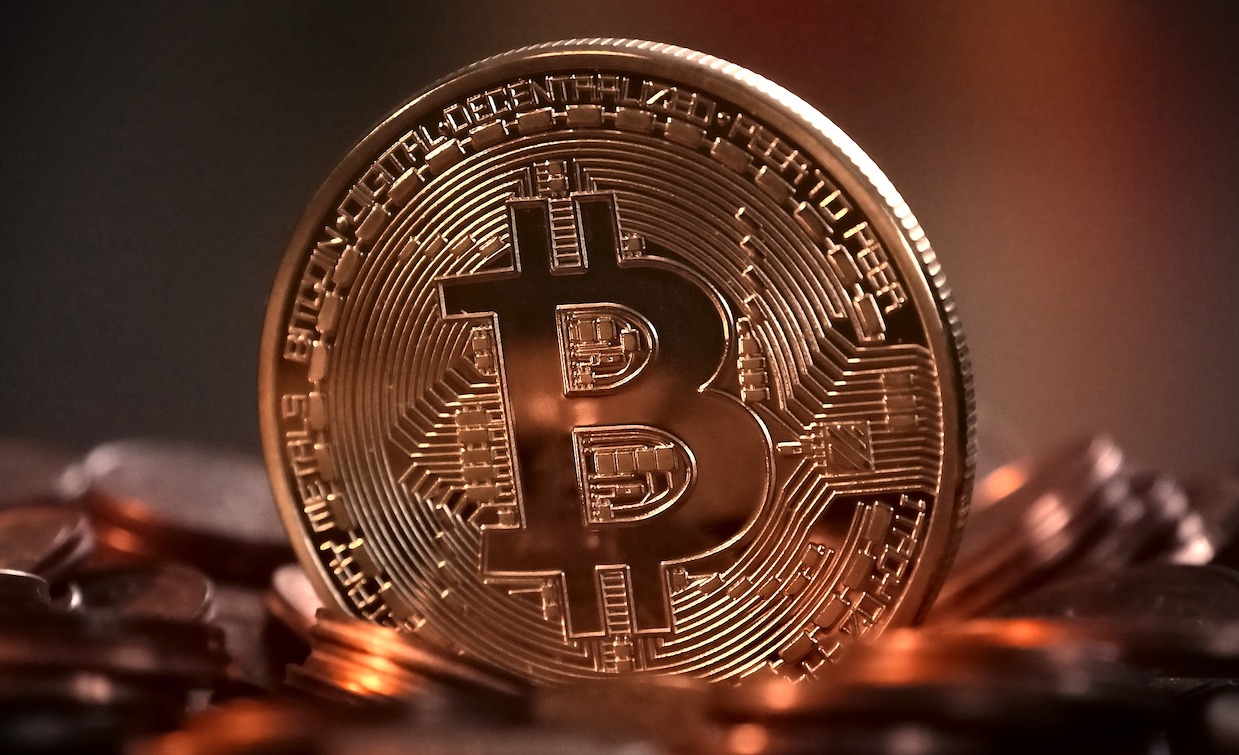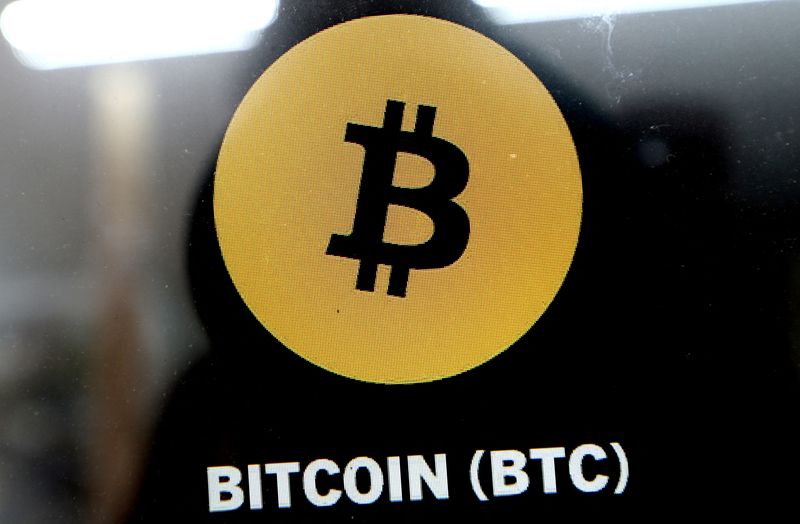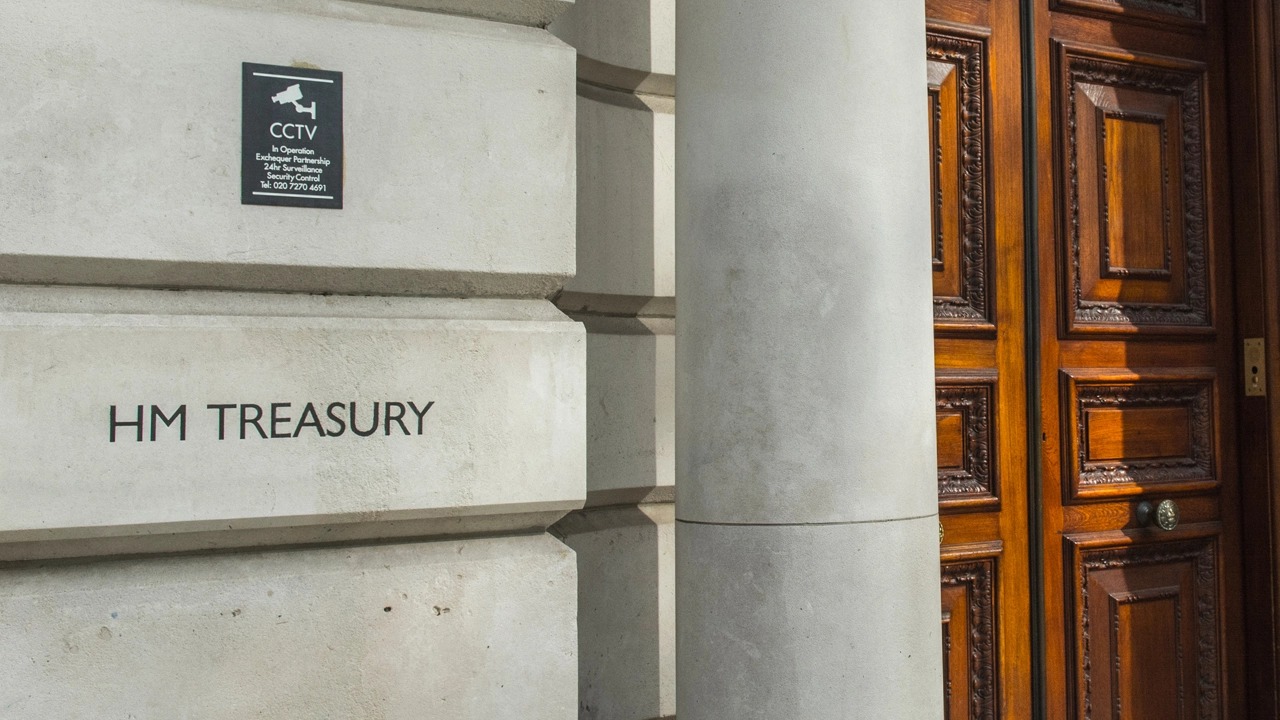
In a paradigm shift that reflects the increasing acceptance of digital assets, governments worldwide are actively engaging with the task of formulating regulatory frameworks for the cryptocurrency space. The crypto market, once viewed with skepticism due to its decentralized and borderless nature, is now being acknowledged as a significant and evolving component of the global financial system.
Governments recognize the need for clear guidelines to address concerns related to fraud, money laundering, investor protection, and overall market integrity. Rather than outright resistance, the prevailing trend among nations is a proactive approach to embrace the potential benefits of digital assets while mitigating associated risks.
In the United States, for instance, regulatory clarity has become a priority. Various regulatory bodies, including the Securities and Exchange Commission (SEC) and the Commodity Futures Trading Commission (CFTC), are actively working towards providing a comprehensive framework. The focus extends beyond cryptocurrencies to encompass the broader blockchain and distributed ledger technology landscape.
Similarly, European nations are working on harmonizing their approach to cryptocurrency regulation. The European Union has proposed a comprehensive regulatory framework, known as the Markets in Crypto Assets (MiCA) regulation, to provide legal certainty and foster innovation in the digital asset space.
In Asia, where cryptocurrency adoption has been rapid, governments are taking steps to balance innovation and investor protection. Countries like Singapore and Japan have established regulatory frameworks to govern cryptocurrency exchanges and ensure compliance with anti-money laundering (AML) and counter-terrorist financing (CTF) regulations.
The embrace of digital assets by governments also extends to emerging economies. Countries in Africa, for example, are exploring how blockchain and cryptocurrencies can address financial inclusion challenges. Nigeria, South Africa, and Kenya are among the nations actively engaging with the regulatory aspects of the crypto space.
The regulatory momentum is not limited to specific regions; it is a global phenomenon. As governments worldwide recognize the transformative potential of blockchain and digital assets, the regulatory landscape is evolving to provide a conducive environment for innovation, investment, and mainstream adoption. This shift not only marks a maturation of the crypto industry but also sets the stage for a more inclusive and regulated digital financial future.




